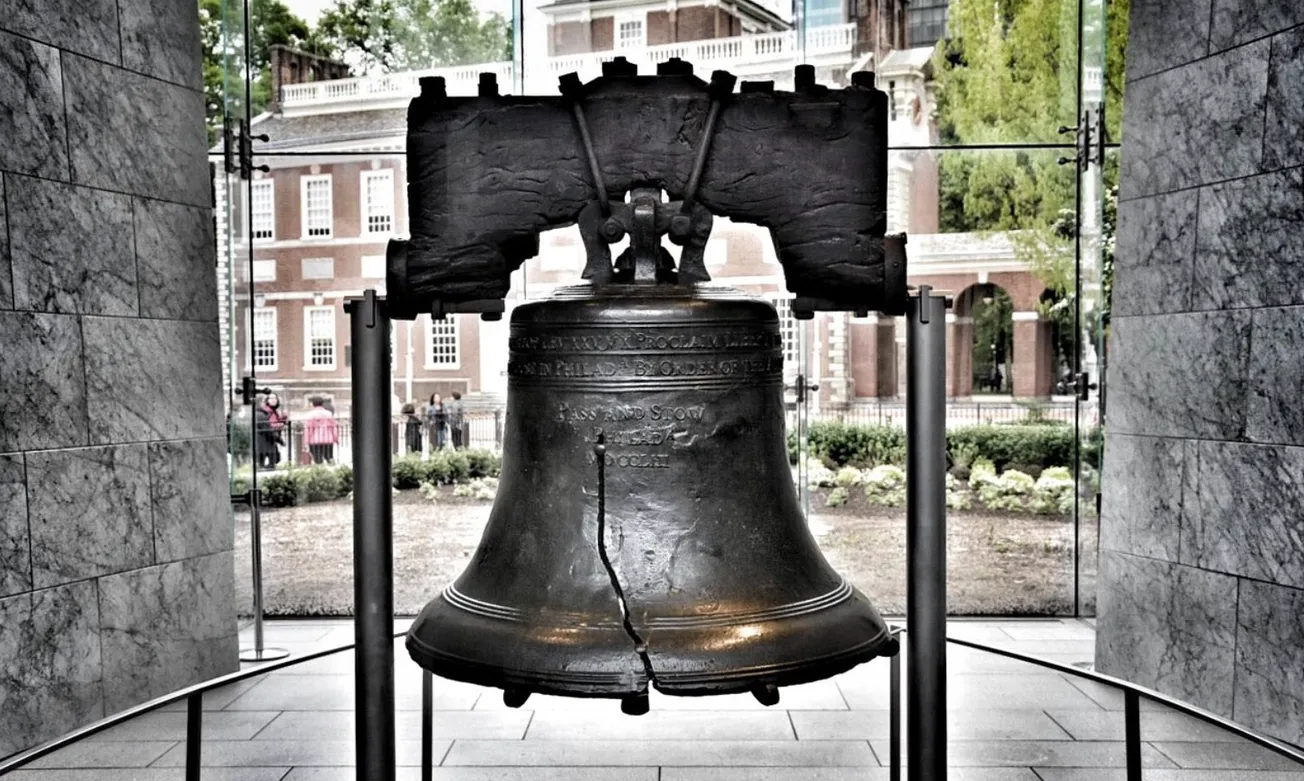Table of Contents
Cancel culture is a potent and dangerous force that harms individuals who share contrarian ideas. But while cancellation punishes what has already been said or done, self-censorship preemptively punishes what isn’t said and constitutes a far more serious challenge to our democratic principles.
When someone is cancelled, they face a public reckoning that has ripple effects on the bystanders that witness the act. Once the dust has settled, an environment of fear discourages those who may have agreed with the victim from speaking out and contributing to the debate. When JK Rowling faced cancellation, millions of her fans watched in horror and got the message that the same thing could happen to them unless they silenced themselves and moved on with their lives.
This climate of self-censorship is far more sinister than cancel culture itself, and can best be described as a “conformity tax” that is creating a culture of self-censorship and degrading Americans’ intellectual vitality.
Those targeted by cancel culture may face consequences in the short term, but are ultimately free to continue spreading their ideas. In fact, getting cancelled can embolden individuals to resist even more. In contrast, someone who self-censors is making a behavioral change that severely limits their ability to speak freely in the long term.
For example, after Joe Rogan made several controversial comments on his podcast, disgruntled Spotify employees petitioned for censorship power over all future episodes before they are listed on the platform. They would effectively have editorial control over which episodes would be made available to listeners.
By choosing to constrict Rogan’s content, these employees attempted to levy a conformity tax on him. If they had their way, Rogan would not simply be the victim of a cancellation attempt -- instead of apologizing and moving on, he would have faced the intellectual equivalent of usury by giving up his creative freedom and self-censoring to avoid further consequences. Luckily, Spotify is not taking any punitive action against Rogan and his reputation will survive.
Unfortunately, the same cannot be said for Rogan’s listeners, who will now bear the brunt of the tax initially intended for him. Fans of ‘The Joe Rogan Experience’ will pay the conformity tax whenever they consider supporting Rogan or his ideas in public. Every social media post and conversation will turn into an opportunity for conformity culture to exact its toll and limit individuals’ intellectual independence. Those who continue to resist will face an army of HR reps and twenty-something Twitter millennials acting as the IRS of conformity. When provoked, they will unleash professional consequences like firings and digital smears that further strengthen the case for self-censoring.
This universal reach makes the conformity tax particularly onerous. Rogan and Rowling are wealthy and powerful enough to survive the onslaught, but ordinary Americans are not. Students pay the conformity tax when they give up their intellectual freedom to revise essays in hopes of earning a respectable grade. Professionals pay it when they have to choose between their career and sharing their political leanings. Thoughts are suppressed before they have a chance to contribute to the public narrative.
Technology is adding to the problem by turning conformity into a Pavlovian nightmare. Social networks offer huge rewards for compliance with the norm - likes, follows, and retweets abound. But when an individual refuses to self-censor, they face account restrictions, social media mobs, and outright bans. For young people who grew up online, self-censorship is increasingly becoming a way of life. If practiced for long enough, conformity can become a habit that shifts our culture from one that emphasizes risk-taking and intellectual diversity to one that rewards short-sighted groupthink.
Moreover, the progressive left is not alone in forcing undeserving victims to self-censor -- the conformity tax has also infiltrated the ranks of Donald Trump’s Republican Party. Bipartisan thinkers like Bob Corker have been replaced with thoughtless incendiaries such as Matt Gaetz. Policymakers and scientists are increasingly being guided by their perceptions of the President’s reaction to their ideas rather than their own intellectual compass. Even sitting Republican senators admit that they self-censor around the President.
Counterproductive taxes prevent investments from materializing in the long term by capturing income in the short term. Conformity works in much the same way. Every controversial article and fiery dissent that isn’t written due to fear of social retribution takes its place in a graveyard of ideas that may very well have contained the next great policy proposal or a truly compelling argument. Just as excessive financial duties stifle innovation and progress, the conformity tax is extinguishing these intellectual investments and the independent spirit that defines American society.
In this way, the conformity tax is far more pernicious than any act of explicit cancellation. It is, at its heart, a form of social credit that attempts to change human thinking and behavior by outlining the price of defiance before any action is ever taken. Attacking dissent is certainly dangerous, but preventing it from ever being published is much more harmful to the long-term prospects of our democracy.
We cannot endure the self-censorship that cancel culture ultimately aims to bring about for much longer, and Americans must work together to repeal the conformity tax. We must stand up to aggression from conformists and continue to embrace our contrarian streak, no matter how damaging the consequences may seem. If enough of us do so, we will protect American liberty for generations to come.









